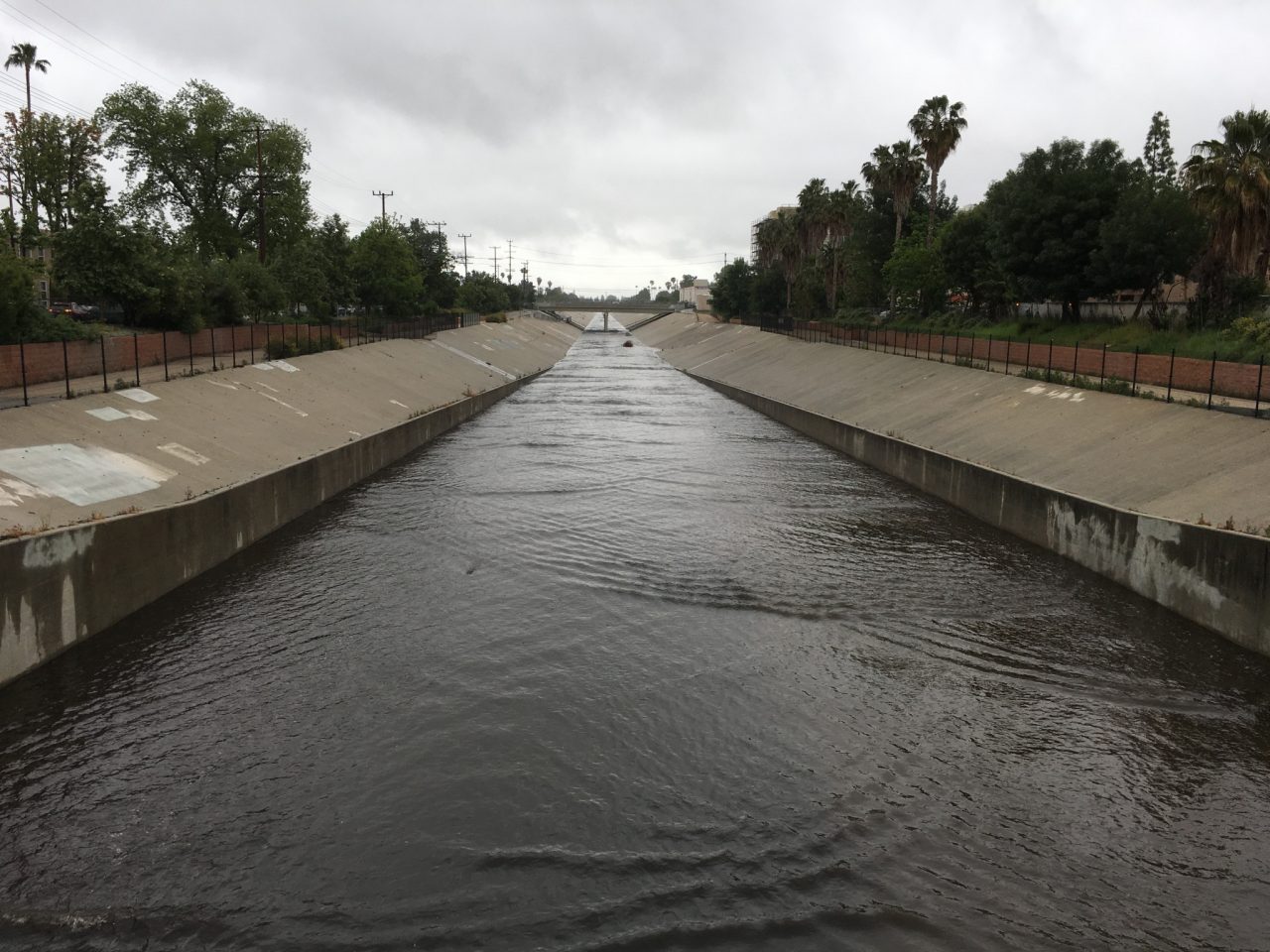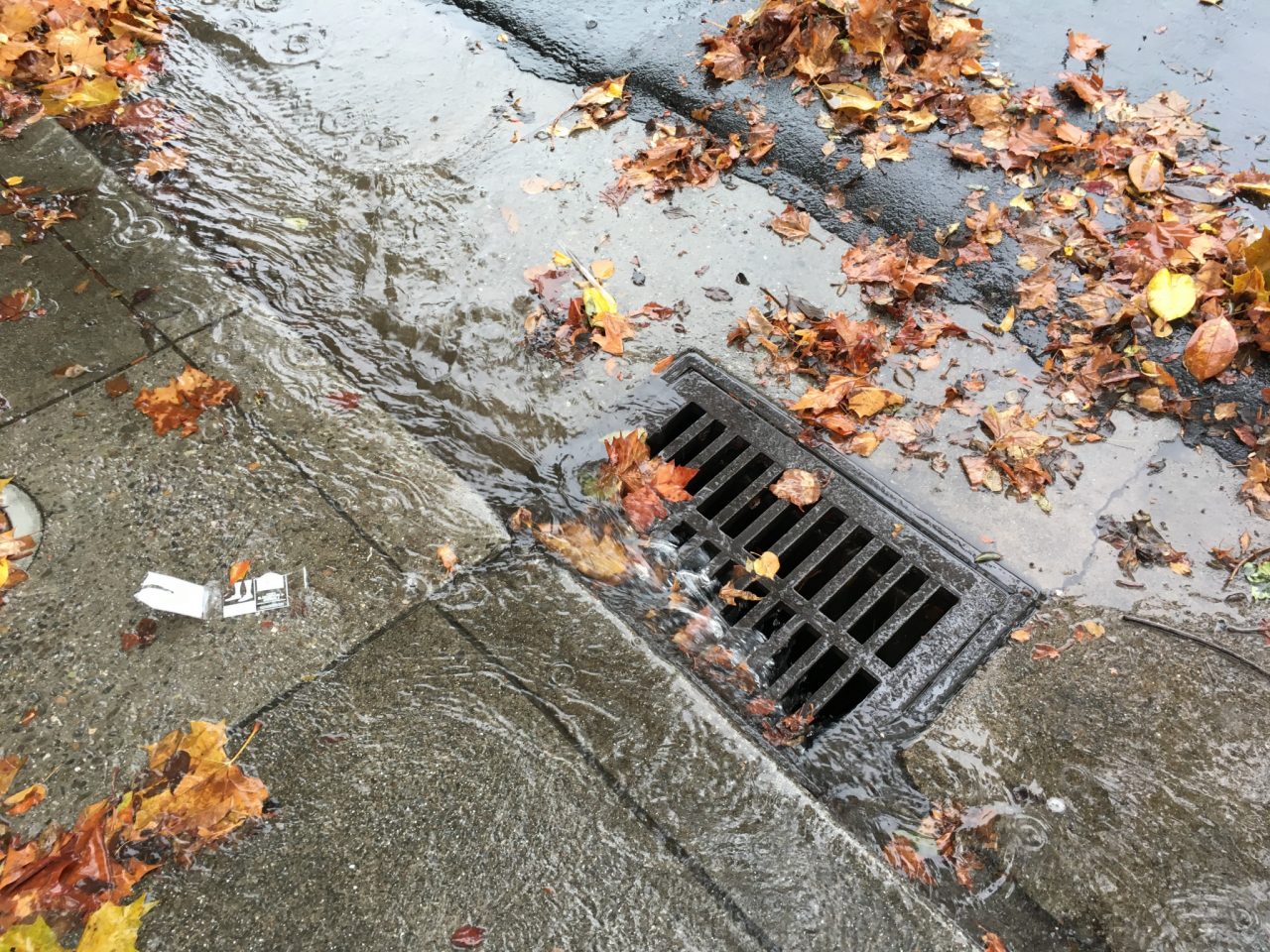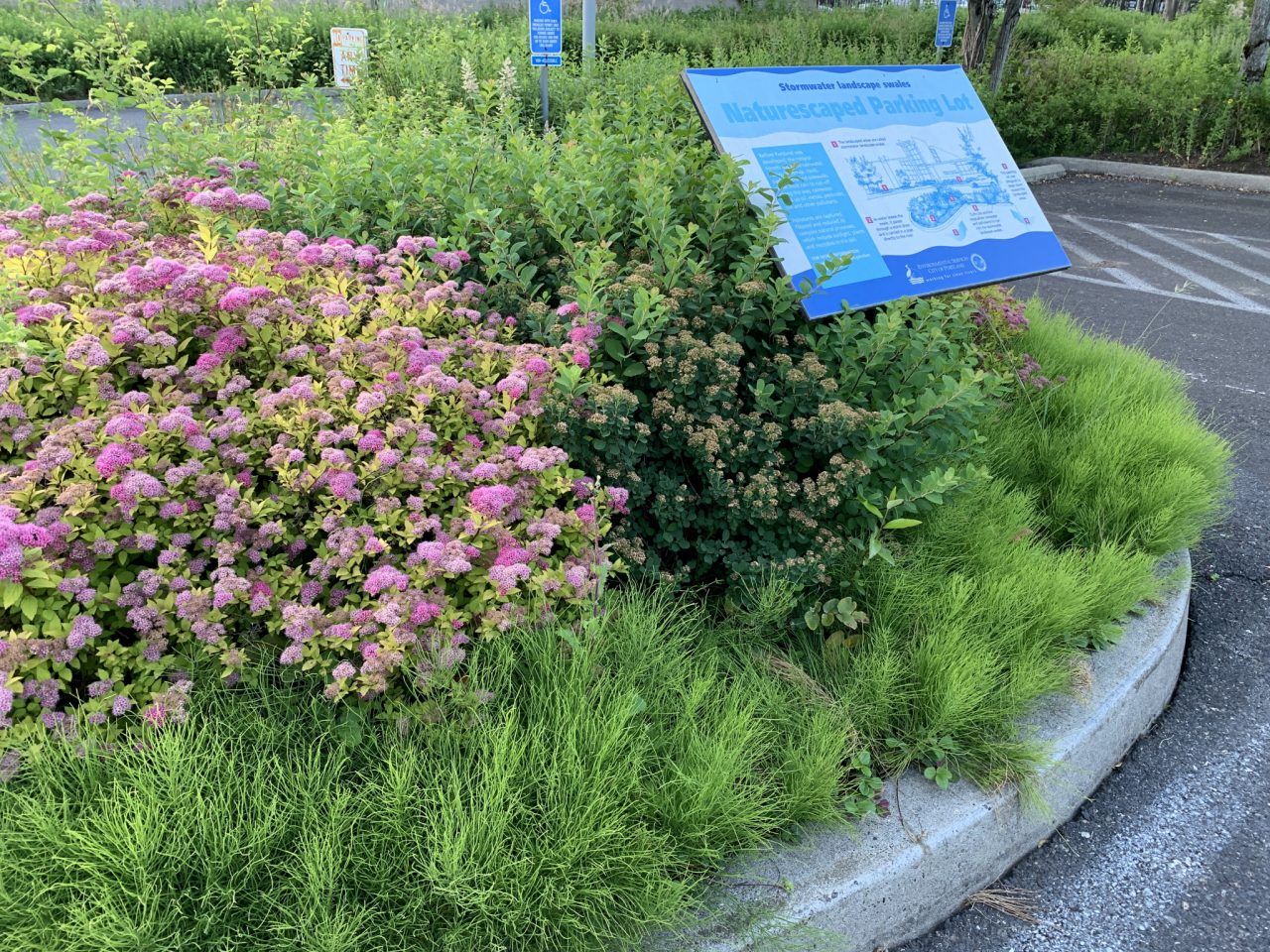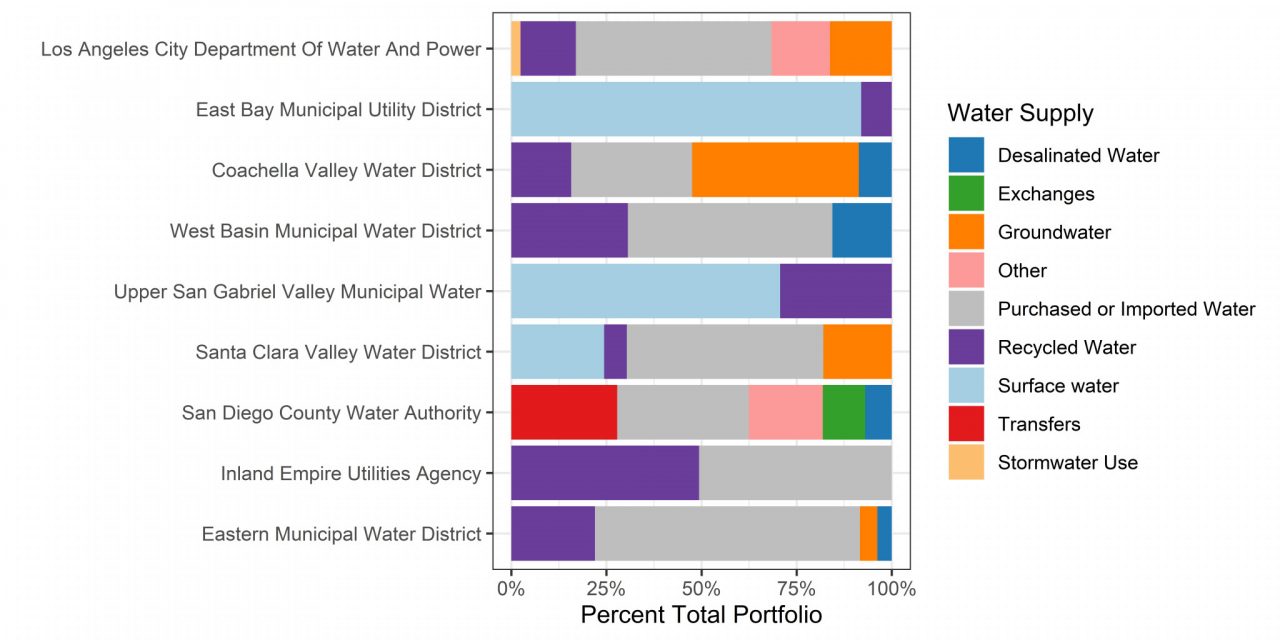
Urban Hydrology
Urbanization increases impervious area, altering the natural hydrologic cycle, resulting in more runoff and less infiltration. But how do water management decisions like stormwater capture and wastewater recycling influence urban hydrology? I am interested in exploring how the pieces of the urban water cycle, both engineered and natural, interact.
Featured project: A collaboration looking at management of flows in the Los Angeles River watershed to support recreation and river ecology.

Water Quality
Runoff, or stormwater, contains various pollutants, such as trash, oil and grease, sediment, and chemicals. How can water quality can be managed on the watershed scale, particularly with regards to emerging pollutants or those traditionally difficult to control like pesticides and microplastics?
Featured project: Evaluating the occurrence of plastic debris and microplastic pollution in Oregon.

Nature-Inspired Treatment Systems
Engineered natural treatment systems take advantage of low-energy biogeochemical processes to capture and transform contaminants. My previous research focused on developing these new nature-inspired technologies such as:
- Using wood-decay fungi to degrade persistent pesticides.
- Examining how biochar can be used to treat stormwater pollutants

Remote Sensing & Data Science
We have both a plethora and scarcity of data — how can we use existing data sets to observe and predict patterns in urban water use, demand, and quality?
Featured project: Using geospatial data to create a risk analysis framework for water suppliers in Oregon.

Engineering Education
How can we increase engagement and retention in engineering, especially among underrepresented students?
Featured project: Using service learning to promote engineering student identity.